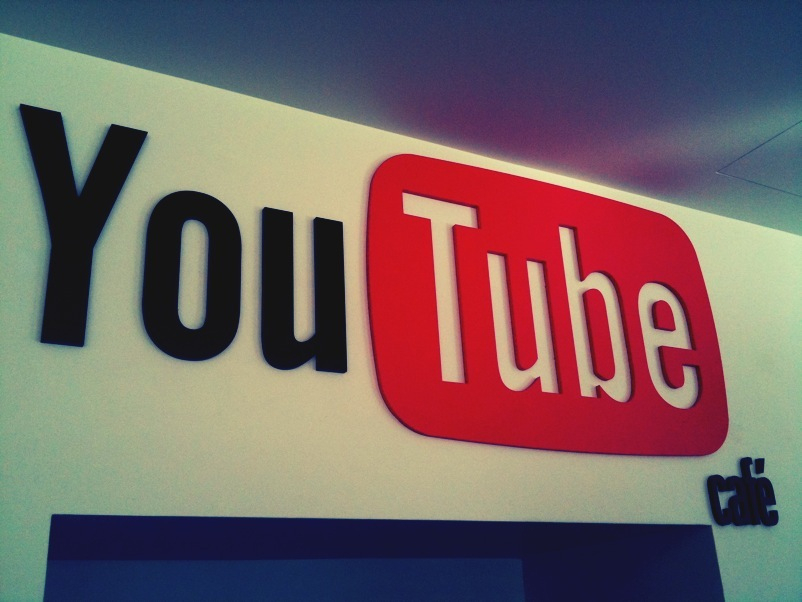
Photo by CC user banky177 on Flickr
Chances are that more than once you have searched You Tube for information about any number of things – how to cook pasta, how to cut your bangs, how to teach your dog to dance, and so on. And maybe like Steve Sorenson you have your own channel on You Tube, and post some of your favorite bits of information in the spirit of sharing. There is no doubt that You Tube is a great source of information for about just about everything. But a word of caution, in the face of several high-profile scams and near-deadly outcomes, you should be very cautious about making this technology your first go-to source for information about health. That isn’t to deny that there is some reputable and excellent information available on You Tube. But protect yourself with these tips to make sure you know how to recognize advice that might be more dangerous than helpful.
Evaluate the Source
You wouldn’t take health advice from a random person on the street without asking about their credentials, and you shouldn’t accept it from a random person in a video without knowing something about their credentials either. Sometimes, healthcare professionals make regular posts to You Tube to offer advice or explain medical or health-related issues. These professionals will be very careful to identify themselves, their credentials, and the limitations of the information they are providing – they are, in fact, required to do so. Be on the look out for people who make vague claims about their credentials, who describe themselves as “healthcare professionals” or “doctors” or “licensed practitioners” but who don’t provide their full details.
Don’t be Fooled by Production Values
Just because a person sits in a fancy studio with great lighting and a lab coat doesn’t mean that they are qualified to give medical or health advice.
Remember, People are Different
You may be curious about a particular medical or health procedure, and after some looking around, you may find someone who had that same thing done. Their 20-minute review of the procedure might be interesting and insightful. But don´t confuse another person’s experience with the experience you might have. The fact that something works well for one person does not mean that it will work well for you. Health and medical recommendations by professionals will always be based on your personal health circumstances and requirements.
Don’t Trust the Outliers
For every 99 people who give you the answer you don’t want, there is 1 person who may be telling you exactly what you want to hear. If you look long enough, you will surely find that person and will be tempted to discount all the people who said something different if that person is saying what you want to hear. Take a balanced approach to the information you find on You Tube.
You Tube can be a great source of information in many circumstances. Just remember that when it comes to your health, you should be skeptical about taking information from people who may be well-meaning but misinformed. Your health and well-being is too important to risk.





